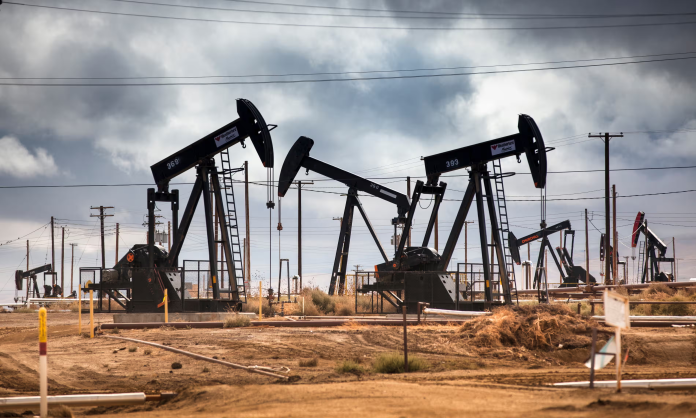Europe’s biggest energy companies are doubling down on oil and gas in 2024 to focus on short-term profits instead of climate commitments, according to Reuters.
The cuts by oil companies came after governments around the world had slowed the implementation of clean energy policies and delayed targets. This followed the outbreak of the war in Ukraine in 2022.
Major European energy companies that heavily invested in the transition to clean energy found their shares lagging behind US rivals Exxon and Chevron, which maintained their focus on oil and gas. Against that backdrop, companies, such as BP and Shell, sharply slowed their plans to spend billions on wind and solar power projects this year. They shifted spending to more lucrative oil and gas projects instead.
Shell, which once promised to become the world’s largest power company, stopped investing in new offshore wind projects. The company eventually withdrew from electricity markets in Europe and China, weakening its carbon reduction targets.
Norwegian state-owned Equinor also slowed spending on renewable energy. BP, Shell and Equinor cut low-carbon spending by 8 per cent in 2024, according to Rohan Bowater, analyst at Accela Research.
Reducing climate targets
The decline of oil companies provides bad news for efforts to mitigate climate change. Global emissions of heat-trapping carbon are predicted to reach a new high in 2024, which will be the warmest year on record.
2025 promises to be another tumultuous year for the $3 trillion energy sector as climate sceptic Donald Trump returns to the White House. China, the world’s largest importer of crude oil, is also trying to revitalise its staggered economy, potentially boosting oil demand.
Demand growth in China, which has driven global prices for two decades, is slowing, with signs that the country’s petrol and diesel consumption is stabilising. Meanwhile, OPEC and leading oil-producing allies have repeatedly postponed plans to end supply cuts as other countries ramp up oil production.
A climate summit in Baku, Azerbaijan, in November led to global climate funding but disappointed climate advocates who hoped governments would unite around phasing out oil, gas and coal.
